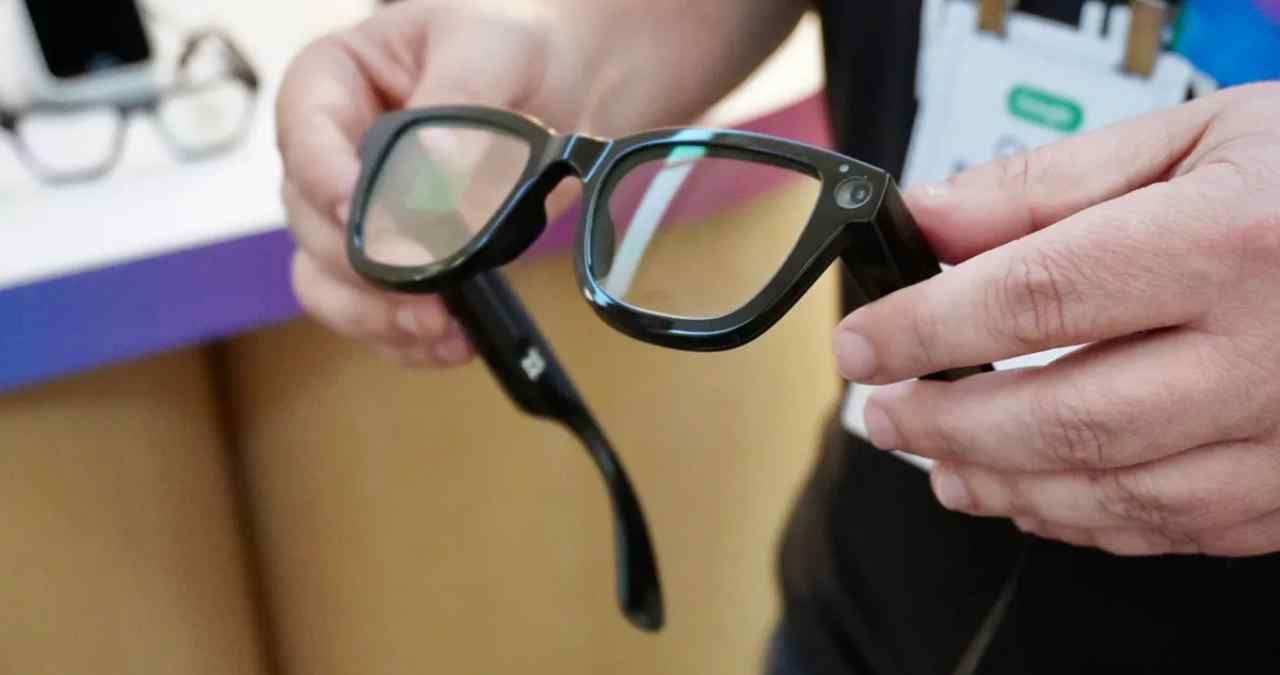For a company with deep roots in augmented reality, Google has been surprisingly quiet on the hardware front. While Meta pushes ahead with Ray-Ban Meta, and Apple doubles down on Vision Pro, Google’s next step in the wearables space is still unclear.
There have been signs of experimentation, internal testing, and even some abandoned prototypes. But as of now, Google hasn’t locked in whether it plans to bring a consumer-facing pair of smart glasses to market.
A Complicated Past and Cautious Present
Google isn’t new to the space. The original Google Glass made waves over a decade ago, long before AR hit the mainstream. But that early move faded fast, with the tech shifting to enterprise use before being shelved. Since then, Google has taken a more reserved approach, investing in underlying platforms and making key acquisitions, rather than racing to release hardware.
The company’s focus has largely shifted toward Android XR, a mixed reality software platform it’s co-developing with Samsung and Qualcomm. It’s possible Google could rely on partners to handle the hardware side, leaving it to provide the ecosystem glue. That would explain the lack of a confirmed in-house headset or smart glasses.
Market Timing and Strategic Uncertainty
While other tech giants are publicly committed to building next-gen AR and MR devices, Google appears to be waiting for the right inflection point. That might mean waiting on better optics, lighter materials, or simply a clearer market demand. The risk of launching too early, like it arguably did with Glass, is clearly still on the company’s mind.
There’s also the question of differentiation. With Meta leaning heavily into social use and Apple focusing on productivity, any future Google smart glasses would need a clear angle, likely tied to search, maps, and Google Lens integration.
At the same time, Google is investing in AI features that could support a wearable assistant experience. But whether that takes shape as glasses, a headset, or something else entirely remains open.
What This Means for XR and Gaming
For VR and AR developers, Google’s current stance is a mixed signal. On one hand, the company is doubling down on XR software tools, which could eventually lead to broader support for gaming and apps across devices. On the other, without dedicated hardware or firm direction, it’s hard to know what form those efforts will take.
The longer Google delays a clear product reveal, the more space it gives competitors to define what AR glasses should be. But given its history of entering markets late with strong infrastructure, it wouldn’t be surprising if Google’s eventual move is deliberate and deeply integrated with its AI and ecosystem services. Until then, developers and enthusiasts are left watching and waiting, while the rest of the industry inches toward a wearable-first future.
Virtual Reality Explorer & Game Reviewer
Always the first to plug in. VRSCOUT dives head-first into the most immersive VR worlds, analyzing mechanics, comfort, innovation, and that elusive “presence” factor. If he says it’s worth it, it probably is.




